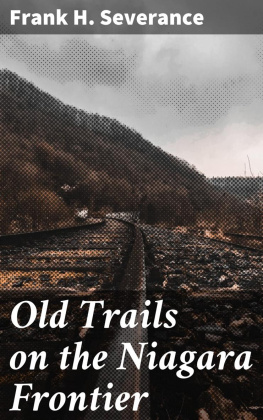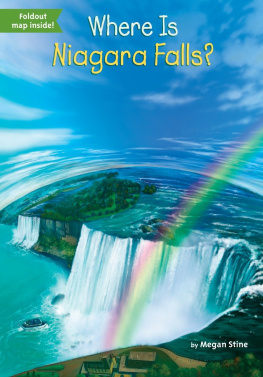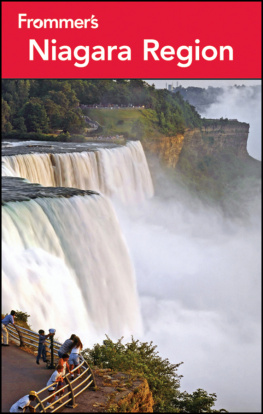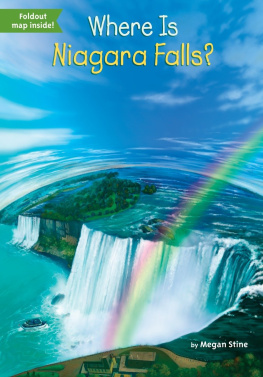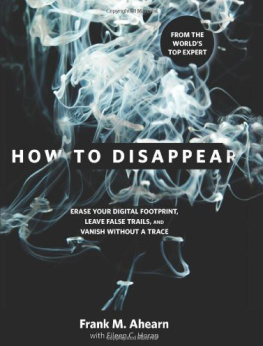PREFACE.
Table of Contents
The essays herein contained have been written at "odd moments," and for divers purposes. Their chief value lies in the fact that they illustrate, several of them by means of individual experiences, certain typical and well-defined periods in the history of the Niagara region. By "Niagara region," a phrase which no doubt occurs pretty often in the following pages, I mean to designate in a historic, not a scenic, sense the frontier territory of the Niagara from Lake Erie to Lake Ontario. It is a region which has a concrete but as yet for the most part unwritten history of its own. The value of its past to the student, as is ever the case with "local history" in its worthy aspect, depends upon the importance of its relation to the general history of our country. That the Niagara region has played an important part in that history, is an assurance wholly superfluous for even the most casual student of American development. All that the following studies undertake is to give a glimpse, with such fidelity as may be, of events and conditions hereabouts existing, at periods which may fairly be termed typical.
"The Cross Bearers," a paper originally prepared as a lecture for a class that was studying the history of the Catholic Church in America, is, so far as I am aware, the first attempt to review in a single narrative all of the French missions in this immediate vicinity, and the work of the English-speaking missionary priests who said mass in the Niagara region prior to its full organization under ecclesiastical jurisdiction. The data are drawn from the original sourcesthe Jesuit Relations, Champlain, Le Clercq, Hennepin, Charlevoix, Crespel and other early writers whose works, in any edition, are often inaccessible to the student. For data relating to Bishop Burke, and for other valuable assistance, I am indebted to my friend the Very Rev. Wm. R. Harris, Dean of St. Catharines.
"The Paschal of the Great Pinch" is an attempt to picture, in narrative form, conditions conceived to exist at Fort Niagara in 1687-'8, when the Marquis de Denonville made his abortive attempt to occupy that point. Lest any reader shall be in doubt as to the genuineness of the memoirs of the Chevalier De Tregay, I beg to assure him that Lieut. De Tregay is no myth. His name, and practically all the facts on which my sketch is based, will be found in the Paris Documents (IV.), "Documentary History of the State of New York," Vol. I. This paper stands for the French period on the Niagara; the two next following, for the British period.
"With Bolton at Fort Niagara" is almost wholly drawn from unpublished records, chiefly the Haldimand Papers, the originals of which are in the British Museum, but certified copies of which are readily accessible to the student in the Archives at Ottawa. I have made but a slight study of the great mass of material from which practically the history of the Niagara region during the Revolution is to be written; yet it is probable that this slight study makes known for the first time, to students of our home history, such facts as the employment of Hessians on the Niagara during the Revolution, the first bringing hither of the American flag, possibly even the work and fate of Lieut. Col. Bolton himself.
The next paper, "What Befel David Ogden," is drawn from a widely different, though scarcely less known source. The personal narrative is based on an obscure pamphlet by Josiah Priest, published at Lansingburgh, N. Y., in 1840. I am aware that Priest is not altogether trustworthy as a historian. Dr. Thos. W. Field calls him a "prolific, needy and unscrupulous author" [See "An Essay Toward an Indian Bibliography"]; yet he concedes to his works "a large amount of historic material obtained at some pains from sources more or less authentic." My judgment is, that Priest is least trustworthy in his more ambitious work; whereas his unpretentious pamphlets, wretchedly printed at a country press sixty years ago, contain true narratives of individual undertakings in the Revolution, Indian captivities and other pioneer experiences, gathered by the writer direct from the hero whose adventures he wrote down, without literary skill it is true, but also without apparent perversion or exaggeration. The very circumstantiality with which David Ogden's experiences are narrated is evidence of their genuineness. Corroborative evidence is also furnished by the lately-published muster-rolls of New York regiments during the Revolution. In the Third Regiment of Tryon County militia, among the enlisted men, appears the name of David Ogden ["New York in the Revolution," 2d ed., p. 181], and there was but one David Ogden, not merely in the Tryon County militia, but so far as these records show, in the entire soldiery of New York State. In the same regiment there was also a "Daniel" Ogden, Sr., possibly David's father. The name Daniel Ogden also occurs in the list of Tryon County Rangers ["New York in the Revolution," 2d ed., p. 186], a service in which we would naturally expect to find one whom the Indian Brant called "the beaver hunter, that old scouter." In short, I think we may accept David as altogether genuine, and in his adventuresnever told before, I believe, as a part of Niagara historymay find an example of patriotic suffering and endurance wholly typical of what many another underwent at that time and in this region.
The "Fort Niagara Centennial Address" is here included because its most important part relates to that period in our history immediately following the Revolution, the "hold-over period," during which, for thirteen years after the Treaty of 1783, the British continued to occupy Fort Niagara and other lake posts. What I say on the negotiations leading to the final relinquishment of Fort Niagara is based on information gleaned from the manuscript records in London and Ottawa.
"The Journals and Journeys of an Early Buffalo Merchant" is also a contribution to local annals from an unpublished source, being drawn from the MS. journals of John Lay, very kindly placed in my hands by members of his family. They afford a picture of conditions hereabouts and elsewhere, during the years 1810-'23, which I have thought worthy of preservation.
In the "Misadventures of Robert Marsh" I have endeavored by means of a personal narrative to illustrate another period in our history. The misguided Marsh fairly stands for many of the so-called Patriots whose uprising on this border is known as Mackenzie's Rebellion of 1837-'8. The considerable literature on this subject includes a number of personal narratives, for the most part published in small editions and now hard to find; but the scarcest of all, so far as my experience has discovered, is that from which I have drawn the story of Robert Marsh: "Seven Years of My Life, or Narrative of a Patriot Exile, who together with eighty-two American Citizens were illegally tried for rebellion in Upper Canada and transported to Van Dieman's Land," etc., etc. It is an exceedingly prolix and pretentious title, after the fashion of the time, prefacing a badly-written, poorly-printed volume of 207 pages, turned out by the press of Faxon & Stevens, Buffalo, 1848. In view of the fact that neither in Sabin nor any other bibliography have I found any mention of this book, and the further fact that in fifteen years of somewhat diligent book-hunting I have discovered but one copy, it is no exaggeration to call Marsh's "Narrative" "scarce," if not "rare."


